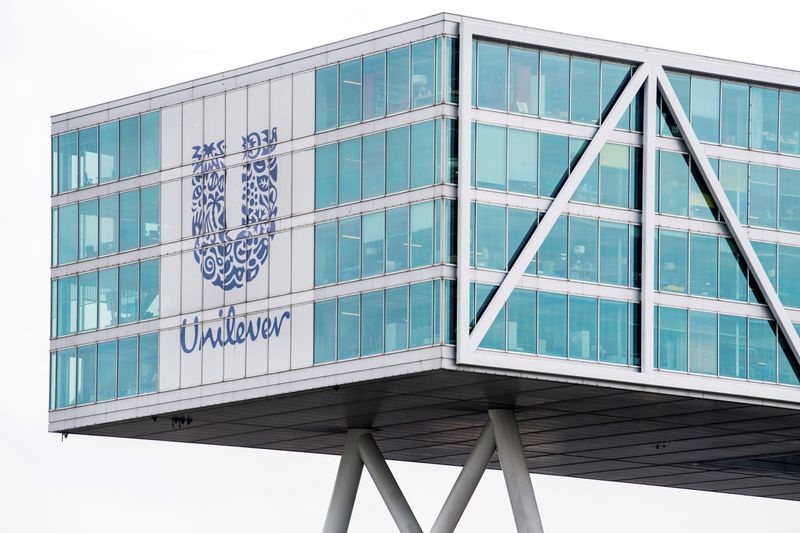(Reuters) - Unilever (AS:UNA) (L:ULVR) expects shareholders to support its plan to unify its headquarters in London and scrap its Dutch base and believes a potential law enacting an "exit tax" in the Netherlands would breach European Union law, its chief executive said on Tuesday.
Speaking at a virtual conference hosted by Barclays (LON:BARC), CEO Alan Jope said Unilever's board was "absolutely committed" to its proposal and is expecting "strong shareholder support."
Jope repeated Unilever's belief that the law proposed in the Netherlands by the opposition Green Left party, which would result in an 11 billion euro ($12.96 billion) tax bill to the Dutch government, was illegal, but noted that it was still in its infancy.
The Anglo-Dutch consumer goods maker said earlier this month that if the law gets enacted, its unification plans would change.
"We're not going to speculate on all the many paths this could take, but if there's a high probability that exit would be associated with an 11 billion euro tax bill, obviously that wouldn't be in shareholders' interest," Jope said in a presentation broadcast on the internet.
"But personally, I think logic and common sense will prevail."
Unilever, maker of Dove soap and Hellmann's mayonnaise, is hosting meetings on Sept. 21 in Rotterdam and Oct. 12 in London for shareholders to vote.
When asked about the current macroeconomic environment, Jope said a global economic downturn was "absolutely inevitable but we don't know its depth or how it will play out by country."
He said gross margins could see pressure as its value brands become more popular.
Still, the company's North American business is currently seeing "sustained strength", driven by hygiene products and food and market share gains online.

Moving forward, Jope said Unilever should continue to deliver annual cost savings, grow its revenues and increase its margins, though the margin growth may not be as fast as it was in prior years.